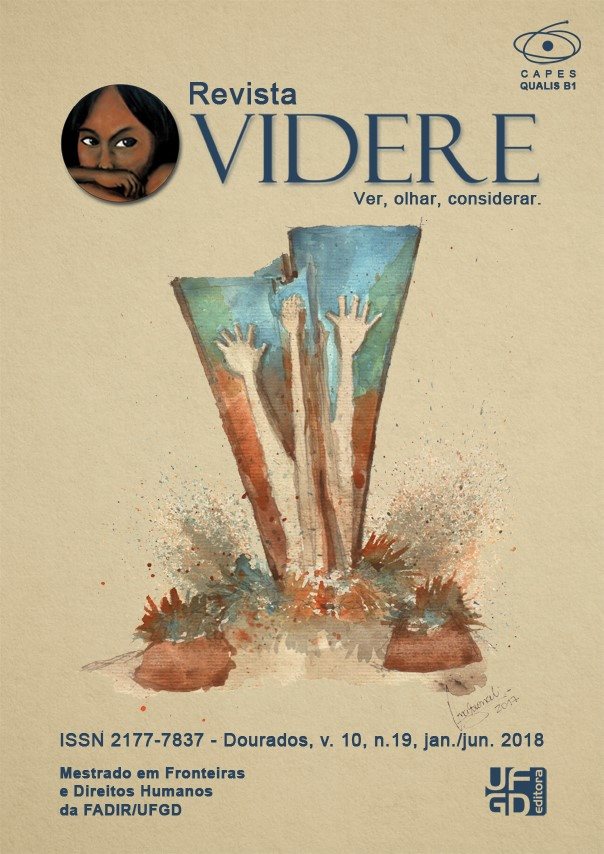Las políticas públicas desarrolladas fuera del poder público y su contribución para el desarrollo de la ciencia
DOI:
https://doi.org/10.30612/videre.v10i19.7058Keywords:
Políticas públicas. Fomento a la ciencia. Derechos fundamentales sociales. Judicialización de políticas públicas. Poder Público.Abstract
Con la identificación de la Política Pública como un instrumento del Estado Social para alcanzar los derechos fundamentales sociales, tal como el desarrollo científico, es necesario un estudio más profundo sobre el tema. Así, el trabajo buscó, después de analizar cuál es la definición y características de una Política Pública, identificar si la participación del Ente Público en el proceso de implementación de una Política Pública es la condición necesaria para su caracterización o no. Para ello, se utilizó de autores de Derecho y de Ciencia Política, demostrando la fundamentación utilizada por la visión Estatista de Política Pública y por la visión multicéntrica. Se identificó que la participación del sector privado en programas de incentivo a la ciencia ocurre desde hace mucho tiempo, y no es prudente ignorar tal realidad en el momento de elaborar una formulación dogmática sobre el asunto. Sin embargo, la caracterización de una Política privada como pública, además de aparentemente no encajar en todas las especies de Políticas públicas, debe ser analizada con mucha cautela, pues genera efectos directos en la discusión sobre la judicialización de Políticas Públicas y, consecuentemente, en la concreción de derechos fundamentales sociales. Por último, lo que se ha identificado es que, cualquiera que sea el posicionamiento, éste debe tener en mente los principios y derechos albergados por la Constitución, y, también, observar el modelo social de Estado por ella elegido, para crear una coordinación y solidaridad entre el ente público y la sociedad privada, para alcanzar un efectivo respeto a la Constitución de 1988.Downloads
Downloads
Published
How to Cite
Issue
Section
License
Authors must accept the publication rules when submitting the journal, as well as agree to the following terms:
(a) The Editorial Board reserves the right to make changes to the Portuguese language in the originals to maintain the cultured standard of the language, while respecting the style of the authors.
(b) Authors retain the copyright and grant the journal the right to first publication, with the work simultaneously licensed under the Attribution-NonCommercial-ShareAlike 3.0 Brazil (CC BY-NC-SA 3.0 BR) that allows: Share - copy and redistribute the material in any medium or format and Adapt - remix, transform, and create from the material. CC BY-NC-SA 3.0 BR considers the following terms:
- Attribution - You must give the appropriate credit, provide a link to the license and indicate whether changes have been made. You must do so under any reasonable circumstances, but in no way that would suggest that the licensor supports you or your use.
- NonCommercial - You may not use the material for commercial purposes.
- Sharing - If you remix, transform, or create from material, you must distribute your contributions under the same license as the original.
- No additional restrictions - You may not apply legal terms or technological measures that legally restrict others from doing anything that the license permits.
(c) After publication, authors are allowed and encouraged to publish and distribute their work online - in institutional repositories, personal page, social network or other scientific dissemination sites, as long as the publication is not for commercial purposes.



















